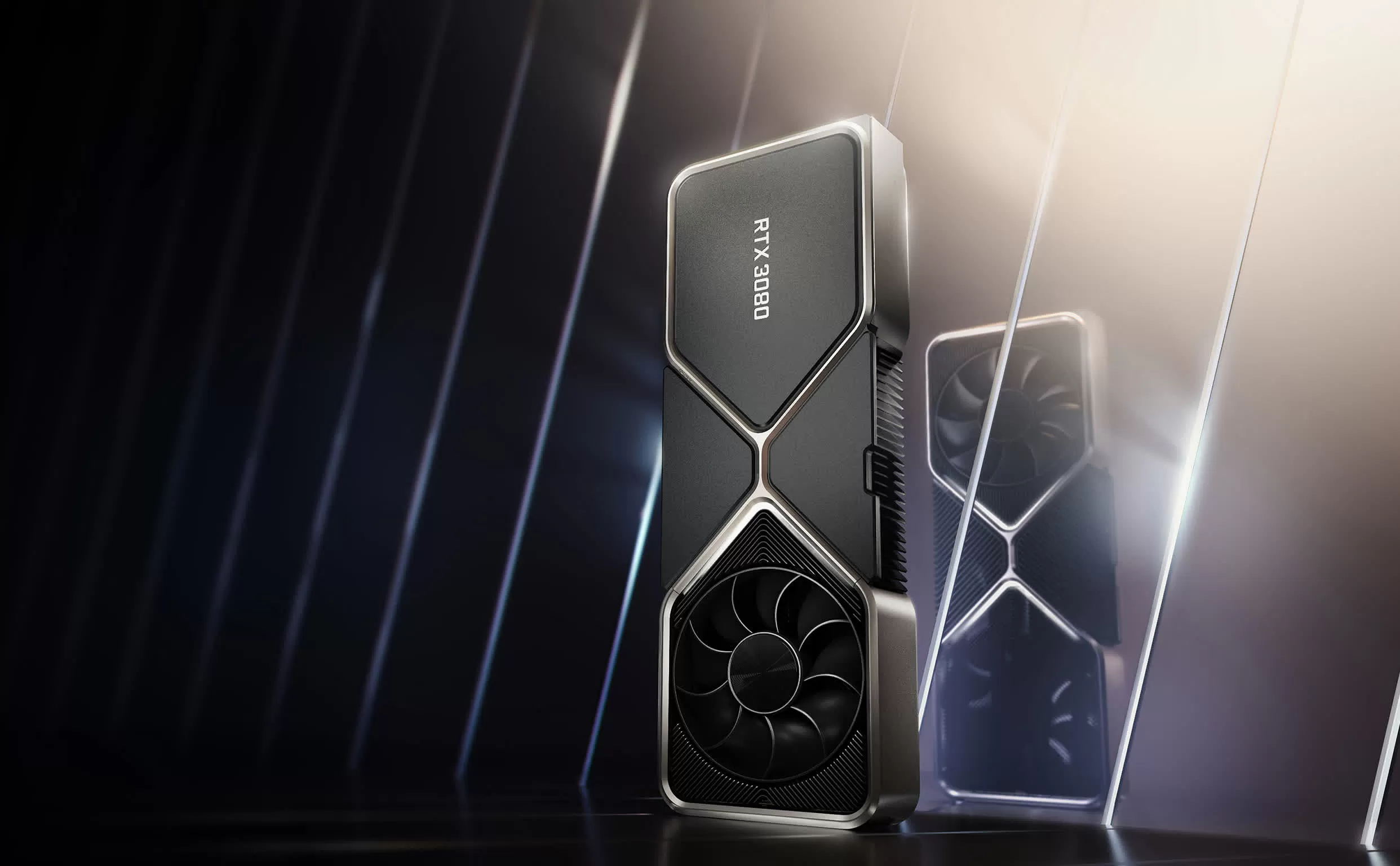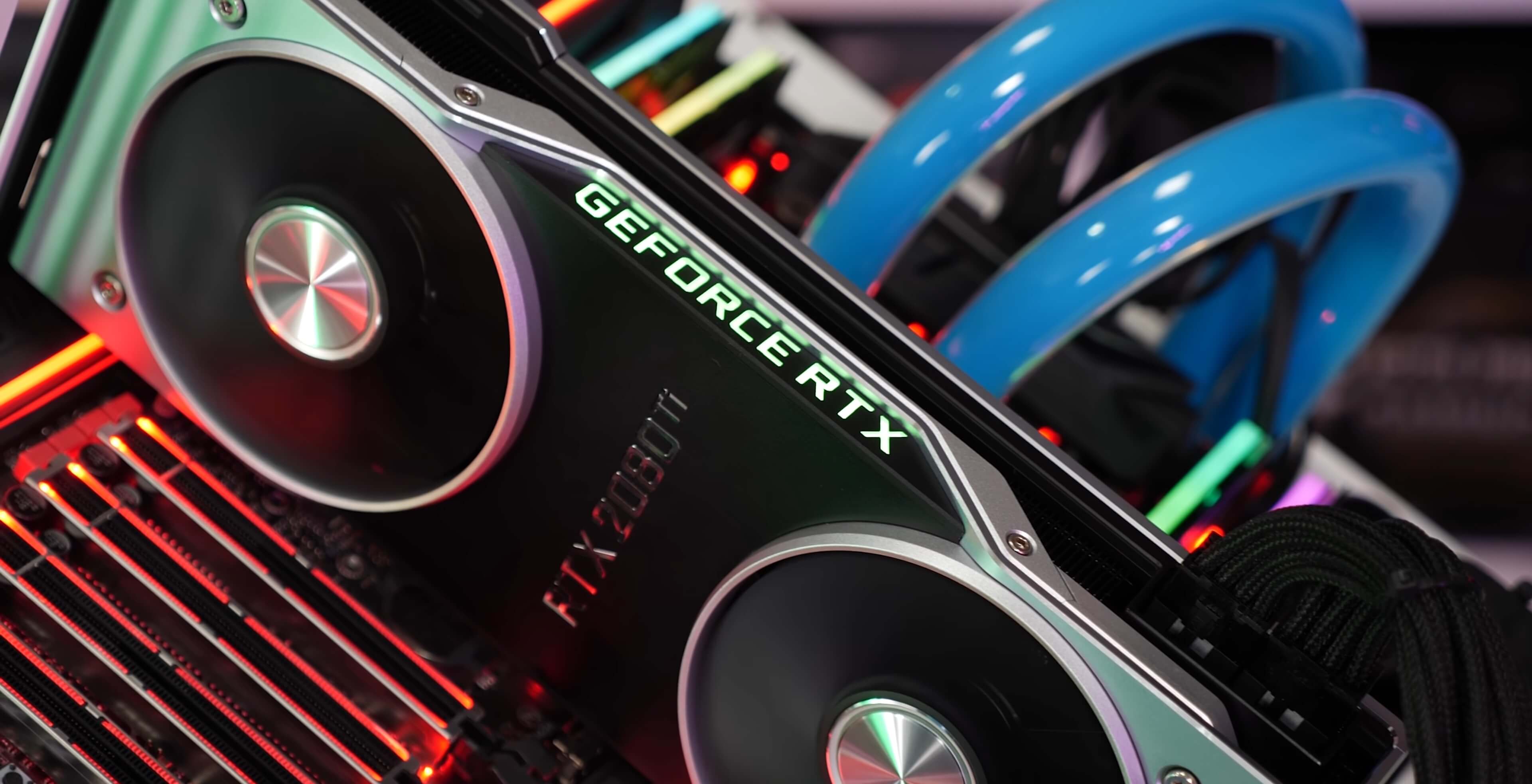Captain828
Posts: 301 +32
Good job with the article Steve!
The inclusion of 720p results was great to see.
This was very informative as this generation of GPUs is starting to show there is more to it than just the ye old "is it CPU or GPU bottlenecked?".
Hopefully, other reviewers take note of this and start to update their testing methodologies to avoid such scenarios (as much as possible!).
So basically we're seeing:
- a higher dependence on a good scheduler/driver to take advantage of all those SMs
- DX12 & Vulkan helps with removing software bottlenecks and paint a clearer picture in the CPU vs GPU bottleneck debacle
- current-gen CPUs seem to be less likely the bottleneck than older software is
The inclusion of 720p results was great to see.
This was very informative as this generation of GPUs is starting to show there is more to it than just the ye old "is it CPU or GPU bottlenecked?".
Hopefully, other reviewers take note of this and start to update their testing methodologies to avoid such scenarios (as much as possible!).
So basically we're seeing:
- a higher dependence on a good scheduler/driver to take advantage of all those SMs
- DX12 & Vulkan helps with removing software bottlenecks and paint a clearer picture in the CPU vs GPU bottleneck debacle
- current-gen CPUs seem to be less likely the bottleneck than older software is


